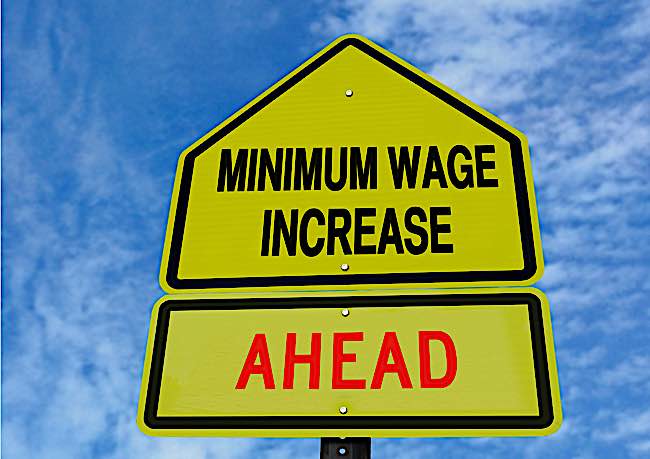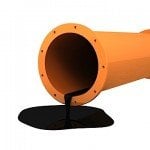Premier Wynne of Ontario was clear that the new small business tax rate of 3.5%, set to come on January 1, 2018, was not meant to offset the impact of a higher minimum wage totally:
“There was never a commitment to offset the increases in minimum wage. I was very clear that that was not something that we were going to be able to do, but we want our small businesses to be strong. We want them to be able to thrive. So that’s why we’ve put a number of supports in place.”

The cut to 3.5 percent is a drop of 1 percent, effective the same month the minimum wage rises to $14.00 — up from $11.60. As of January 1, 2019, the minimum wage further increases to $15 an hour.
Manufacturers, in particular, were apparently disappointed by the apparent lack of help. Jocelyn Bamford, of the Coalition of Concerned Manufacturers, said she thought the tax break was of little help to business who have to adjust to the new minimum wage suddenly:
“We wonder if the government is in denial of the damage they will cause the economy or if they just don’t care about jobs in the province.”

There are other programs designed for small-to-mid-sized companies, besides the tax cut, including a plan to pay incentives of $1,000 for each worker hired and another $1,000 for each worker still employed after six months — for small business only. The spend will be $124 million and will focus on companies with fewer than 100 employees.
Premier Wynn explained her rationale: “When I talk to those business owners they talk to me about job retention, they talk to me about loyalty and quality of work and all of those things that are really important to a business. So I think they would say that there’s a net benefit to paying their employees well.”
Assuming people aren’t laid off — some retailers have indicated this is possible — the extra income is expected to partially pay back into the economy in the form of new buying. Jeff Leal, Ontario’s Minister for Small Business, explained: “We do know that people who make minimum wage take those dollars and re-invest them instantaneously back into the economy. Many of the businesses they spend that money at are small businesses in the province of Ontario.”






























